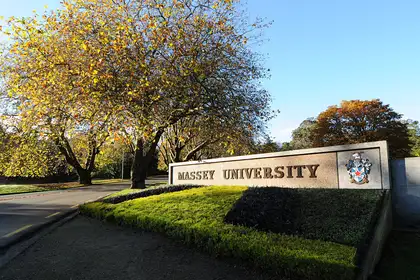
The funding will enable the researchers to develop their research capacity.
Health Delivery Research Activation Grants provide support to enable established or prospective researchers and/or research providers to establish health delivery research evidence needs or research opportunities, or develop research capacity, before applying for further health delivery funding. These grants are designed to incentivise readying and planning for research where resourcing to get started is not otherwise available.
Massey’s successful candidates
Dr Dee Muller - Improving health through sleep resources for occupational therapists
Sleep plays a significant role in illness and injury recovery. Insufficient and disturbed sleep in clients with a range of health conditions is associated with poorer rehabilitation outcomes, longer hospital stays and higher healthcare costs. Māori are disproportionately impacted by both poor sleep and poor sleep health. Despite this, healthcare professionals receive little in the way of education and resources on sleep. Occupational therapists (OTs) are allied health professionals who play a crucial role in rehabilitation and health promotion.
This project aims to improve rehabilitation outcomes in Aotearoa New Zealand by developing and strengthening Māori and non-Māori networks to build a health delivery research team and identify occupational therapy sleep education and resource gaps and priorities. Findings will inform future health delivery research to develop, implement and evaluate sleep resources for OTs.
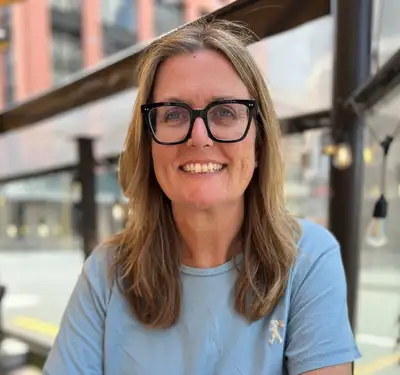
Dr Dee Muller.
Professor Cathryn Conlon and Cherise Pendergrast - Food literacy where it matters – co-designing a food literacy tool for whānau
In 2023, PhD student Cherise Pendergrast, Ngāpuhi, Te Rarawa, undertook a scoping project interviewing clients and kaimahi (staff) engaged with community health support service Green Prescription. Interviewees shared their perspective of nutrition information provision, including strengths and challenges, as well as insights on improvements to be considered. Responses indicated nutrition knowledge and confidence is varied and there can be significant misconceptions. Kaimahi of health support services seek to provide relevant and meaningful information and clients prefer advice tailored to their situations; this can be challenging with limitations of resource in health support services as well as providing for a significant breadth of knowledge. To allow a more tailored but still affordable service in the community, a better understanding of knowledge, skills, strengths and challenges related to healthy eating is required.
The focus of this project will be to co-design and develop a food literacy assessment tool with Te Oranga Kaiora, a kaupapa Māori health support service connected with a Green Prescription provider. An appropriate tool using a strengths-focused approach would enable community health support service providers to accurately identify the most effective use of time and resources and prioritise support to provide nutrition advice to whānau, identifying strengths, challenges and values around eating well for health.
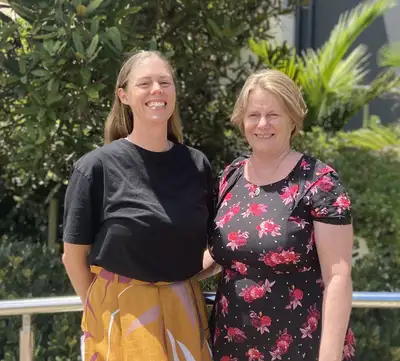
Cherise Pendergrast (left) and Professor Cathryn Conlon.
Dr Inga Hunter – Voice of rural communities for equitable telehealth models of care
Telehealth services that are well designed to match the needs of the community improves access to healthcare and advances Māori health. This project aims to strengthen the existing relationship between the activation lead and Te Whatu Ora Hauora a Toi Bay of Plenty, Te Whatu Ora Te Pau Hauora o Ruahine o Tararua and Te Whatu Ora Southern, to collaborate with and run a series of co-design workshops with their rural communities on the design and implementation of rural telehealth.
The findings will give rural communities, especially Māori, in New Zealand, a voice in the design and implementation of telehealth services in their community. It will also provide rural Māori communities and health providers the opportunity to co-design strategies and projects to successfully adopt telehealth as a model of care that meets the specific needs of Māori.
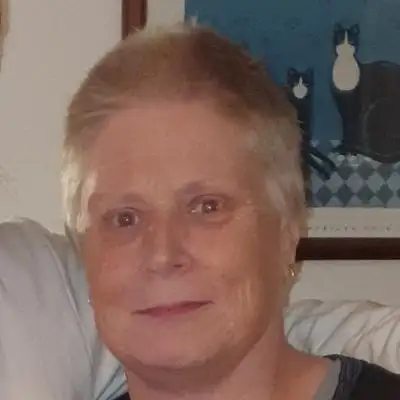
Dr Inga Hunter.
Professor Clare Harvey – Reconceptualising person-centred services for older adults
This project will explore the specific needs of New Zealand’s older adults who cannot afford to pay for care, with the guidance from successful projects that examined the social and economic impact of co-ordination for people living with complex conditions. The aim of this work will be to identify factors that could be best managed through a central point of co-ordination or navigation that optimises the culturally and socially appropriate care and wellbeing of older people, while also adopting ways to best utilise existing system-wide resources.
The aim is to supply funding providers with information that draws on both economic and non-economic evidence that should be considered in the decision-making process for true person-centric care to be actualised.
Read more about the latest HRC funding round here.
Related news
Four Massey projects awarded funding to further health research
Four Massey-led research projects have been awarded Health Delivery Grants from the Health Research Council.
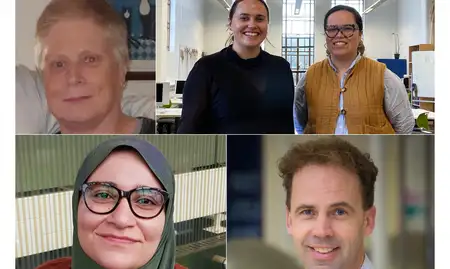
Three Massey academics awarded HRC funding to further research
Māori infant and maternal health, supporting vocational rehabilitation and developing a strangulation screening tool for first responders are three areas of research that have been recognised in the latest round of the Health Research Council of New Zealand Research Activation Grants.
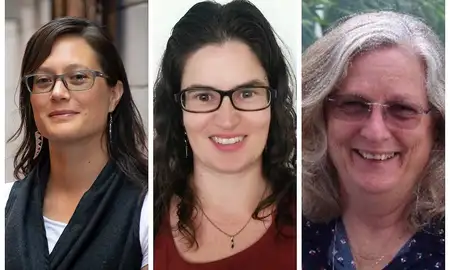
Health researchers secure more than $6m in HRC funding
Two researchers from the College of Health have been awarded more than $6 million in the latest round of funding from the Health Research Council of New Zealand.
